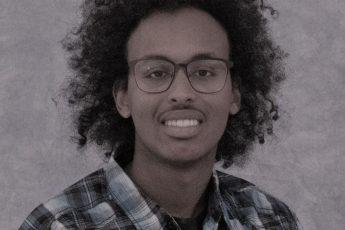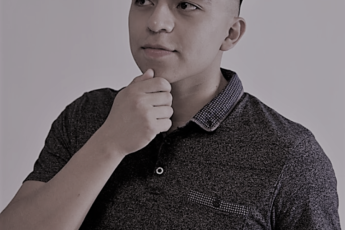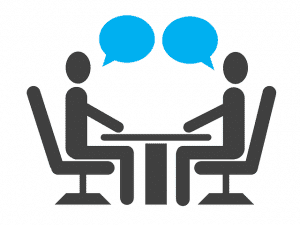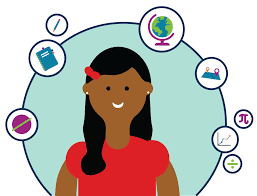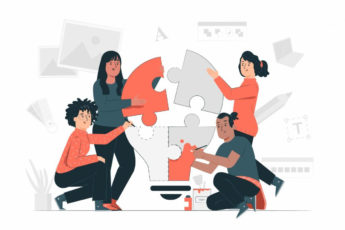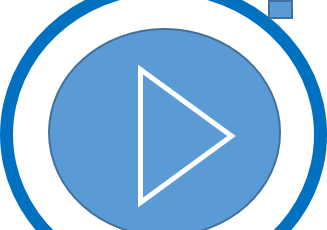 Conducting informational interviews is an excellent way to learn about someone’s profession and career journey and assess whether a similar career might be right for you. It’s also a key way to expand your network. Identifying individuals and speaking with these individuals to learn about their careers, however, are two areas in which FirstGen Ahead students self-reported lower levels of confidence (3.2 and 3.0 respectively on a five-point scale). One way to improve confidence is preparation and practice!
Conducting informational interviews is an excellent way to learn about someone’s profession and career journey and assess whether a similar career might be right for you. It’s also a key way to expand your network. Identifying individuals and speaking with these individuals to learn about their careers, however, are two areas in which FirstGen Ahead students self-reported lower levels of confidence (3.2 and 3.0 respectively on a five-point scale). One way to improve confidence is preparation and practice!
Your coach and others in your network can help identify individuals to interview. They might know (or others in their respective networks might know) someone in a career you’re exploring and can send an introductory email. Providing them with a statement about you/your interests will help in crafting their e-introduction.
Larry Pearlman, Senior Vice President at Marsh Risk Consulting, has made time over the years to answer questions for many people requesting informational interviews. Rather than be hesitant to request an informational interview, in a recent conversation, Larry advised students to remember that, “asking for help can make someone else feel good.” Though people are busy, they like to talk about themselves and be recognized as an expert in their line of work, as well as help others who are exploring potential careers.
Larry’s other advice in preparing for an informational interview includes:
Have a story as to why you want to talk with them.
For example…My coach, (include name), suggested that I contact you for two reasons. First, you’re doing important work in the aerospace engineering/AE field (which is my area of interest) and, second, (coach name) mentioned that there were times in the past where you questioned your “fit” in AE given that you are a female in a predominantly male field (and I’m a female).
Do your research and find something to connect with the person you are interviewing.
For example…I looked at your LinkedIn profile and saw that you follow Sir Richard Branson and so do I.
Say something that is memorable.
For example…I was inspired to become a cardiologist after seeing the impact that my grandpa’s stroke had on him and the amazing patient-focused treatment that he received from his medical team while in the hospital.
When informational interviews end and the interviewee offers you the chance to follow up in the future with any additional questions, take advantage of it.
Plan 30 minutes for your informational interview.
Generic questions to consider for an informational interview are posted under the student resource tab.



